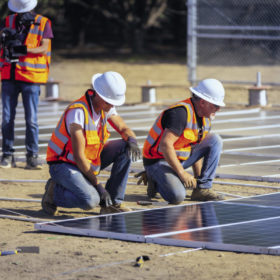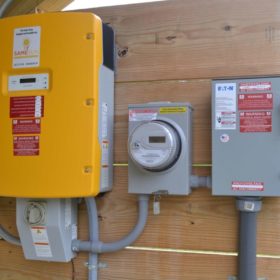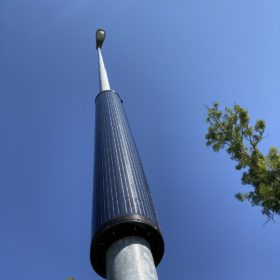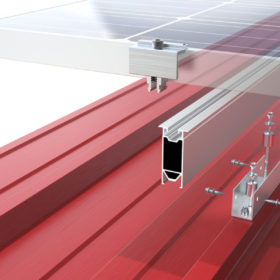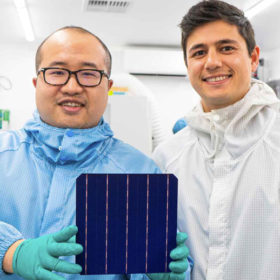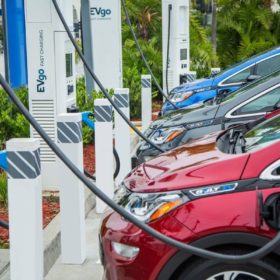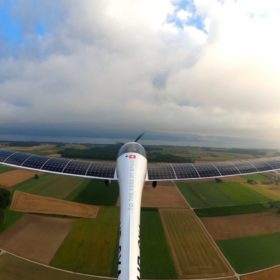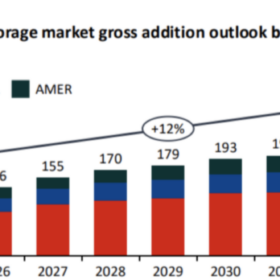Flexible organic PV films on clothing offer charging on the move
The sustainability claims of a crowdfunded ‘e-textile’ range launched by Art by Physicist are borne out by the fact each garment will be printed on demand.
Sunday read: Bringing costs down to earth
Rising efficiencies and the plummeting cost of solar modules over the past few years, recent months notwithstanding, are leading innovators toward ideas that may look unusual in the current tracker-dominated world of large-scale solar parks. Advocates of the new approaches argue that they leave traditional models looking decidedly flat by comparison.
Saturday read: Game of drones
Drones have already established themselves in industries as disparate as warfare, wedding photography, and burrito delivery, and increasingly the solar sector is taking the high road, too. Combined with thermal imaging, drones have the potential to obviate expensive maintenance costs for large-scale solar plants, as well as C&I and growing niches like floating PV. But how useful are they, and what role does AI play in making the most of a bird’s eye view?
How long do residential solar inverters last?
Multiple factors affect the productive lifespans of residential solar inverters. In the second part of our new series on resiliency, we look at PV inverters.
Semi-transparent organic solar cell for window applications
Developed by U.S. scientists, the 10%-efficient device is intended for applications in solar windows and promises efficiencies close to 15%. According to its creators, the cell retained 80% of its efficiency after 1,900 hours at 55 degrees Celsius.
Cylindrical solar panel for street lighting
Developed by an Italian manufacturer, the panel is available in three versions with a power output of 100, 120, and 240 W and has a weight of 5 kg. It is encapsulated in thermoformable plastic technical polymers and can be connected in series with other modules around the same post.
New mounting system for rooftop PV, from Austria
The mounting structure relies on a 5.8m long support rail that does not lie on the roof but is connected directly to a purlin placed below with self-drilling support screws.
Australian start-up sets 25.54% efficiency record for silicon cell
Australian start-up SunDrive has created the most effective commercial-sized silicon solar cell in the world, achieving an efficiency figure of 25.54% in testing carried out by the Institute for Solar Energy Research in Germany.
How safe are smart EV chargers?
Research has uncovered critical security threats associated with a number of common smart electric-vehicle chargers, but it’s not too late or too logistically difficult to remedy the issues.
Solar-powered airplane to reach the stratosphere
The airplane is powered by 22 square meters of solar cells with an efficiency of up to 24% and 14 kWh of lithium-ion batteries. According to its creators, it can reach an altitude of 25,000m.

